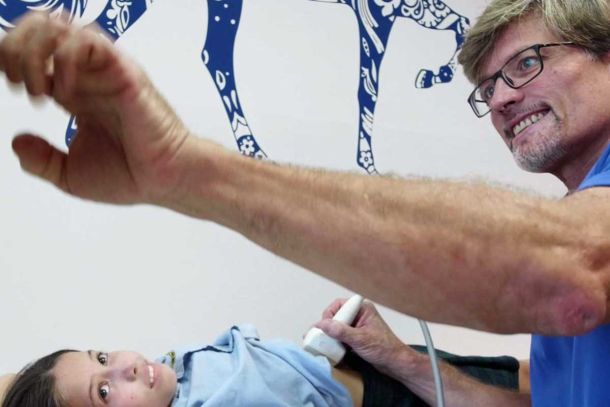
Childhood obesity is now considered a serious health disorder rather than just a cosmetic issue. The latest statistics are alarming: Approximately one in five schoolchildren and adolescents are overweight. The numbers from Spain are even more concerning, where one in four children is already struggling with overweight, especially in Andalusia and the Canary Islands.
The main cause usually lies in the imbalance between calorie intake and expenditure. Children consume foods that are too high in fat and calories and are not active enough. While genetic predispositions may play a role, organic causes of obesity are relatively rare. However, it is important to exclude potential health disorders such as hypothyroidism or lipid metabolism disorders by a pediatrician before initiating behavioral changes.
Sweets and junk food often contain empty calories that lead to fat accumulation. Highly sugared drinks like cola and sodas can lead to a high calorie intake without creating a feeling of fullness. It is important for children to eat a balanced diet and get enough exercise to combat overweight and its consequences.
Childhood obesity can lead to serious health problems, including premature wear and tear on joints and spine, gallstones, high blood pressure, early onset of type 2 diabetes, and other obesity-related diseases. Moreover, childhood obesity can lead to psychological issues such as bullying and self-esteem problems.
To combat childhood obesity, changing dietary and exercise habits is crucial. Experts recommend early intervention to correct harmful habits early. Nutritional counseling can help create a diet tailored to the child. It is also important that not only the affected child but the whole family works on a healthier lifestyle together.
Here are some tips: • Observe your child's natural sense of fullness. • Do not overload your child's plate and do not force them to finish everything. • Avoid using food as a reward or substitute for satisfaction. • Eat together as a family without distractions like television. • Ensure your child has a balanced breakfast and a healthy packed lunch for school. • Dinner should not be late and not consumed immediately before bedtime.
The challenge of childhood obesity requires a comprehensive medical, nutritional, and familial approach to instill healthy habits and promote the child's well-being.









